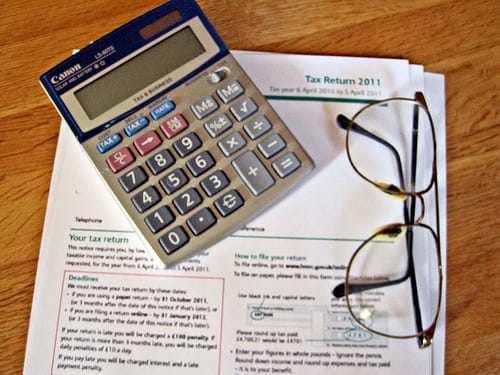There is a little known tax relief for people who are buying (or building) their first home.
If you are a first-time buyer of a house (or apartment) which you intend to use as your home and use your savings as a deposit, then you could claim a refund of the DIRT (deposit interest retention tax) deducted from the interest on your savings.
The house must not be an investment property, and it must be your first house purchase.
The relief applies to any first-time buyer and have purchased or are planning to purchase a home between 14th October 2014 and 31st December 2017. The refund can be for up to 4 years of DIRT
How does it Work
Firstly the purchase must take place between 14th October 2014 and 31st December 2017.
You must use your savings as the deposit.
The relief is confined to the DIRT paid on your savings, up to a maximum of 20% of the purchase price of the house (or in the case of self-builds, 20% of the completion value of the house.
So, as an example, you buy a house in June 2015 for €190,000. Under this relief, you can claim a refund of the DIRT paid on the first €38,000 (€190,000 x 20%) that you had on deposit up to the date of purchase.
OK, so say you had €30,000 in your savings account, paying 3% interest and for the last 4 assume the average rate of DIRT on the interest earned was 33%.
This would mean that over 4 years you would have paid approximately €1,200 in DIRT on the interest on your savings.
The DIRT relief for first time buyers means that you could get a refund of €1,200 from Revenue – not bad!
How to Claim
To make a claim, the property must be registered for Local Property Tax (LPT).
Once registered, you log in to the LPT system and enter your PPS number/Tax Reference Number, Property ID and Secure LPT PIN.
Once in the LPT system, you click the Claim DIRT F.T.B. Refund button. This will display a claim form and you enter the required information and submit your claim.
The following information is needed to make a claim:
- Amount of DIRT to be refunded,
- Purchase price or completion value for a self-build,
- Purchase date/completion date,
- Email address,
- Bank Account details to which the refund is to be paid
- Evidence of DIRT deducted (i.e. bank statements).

